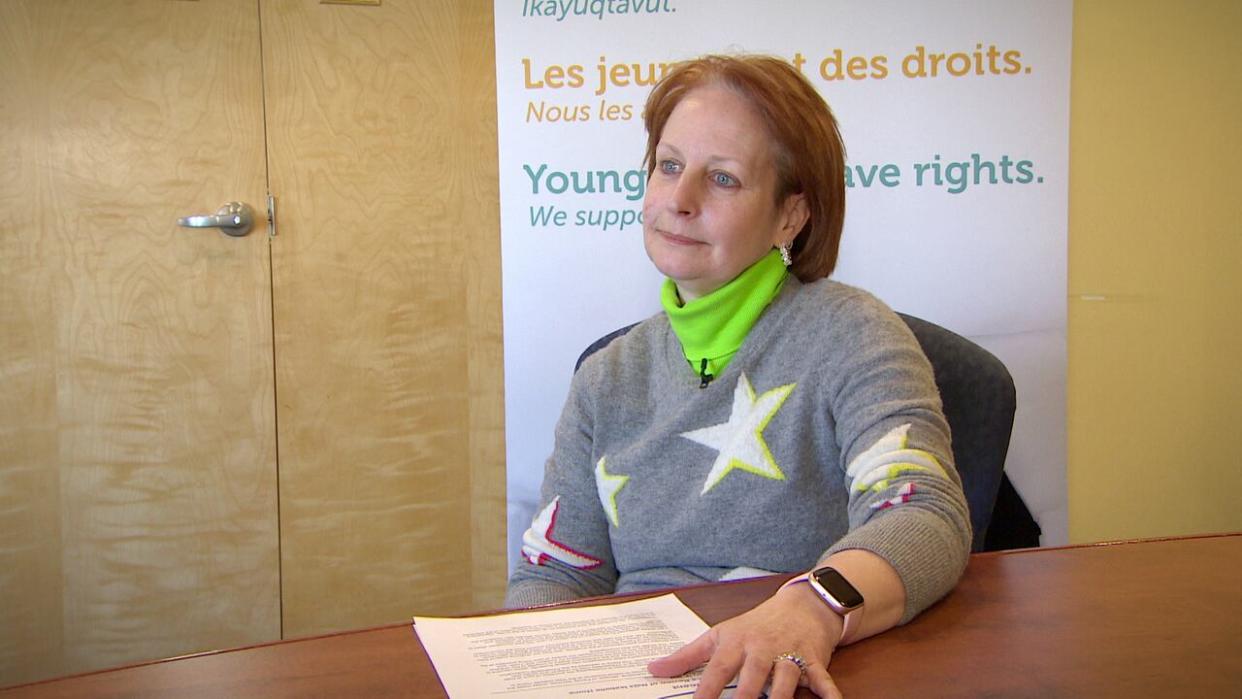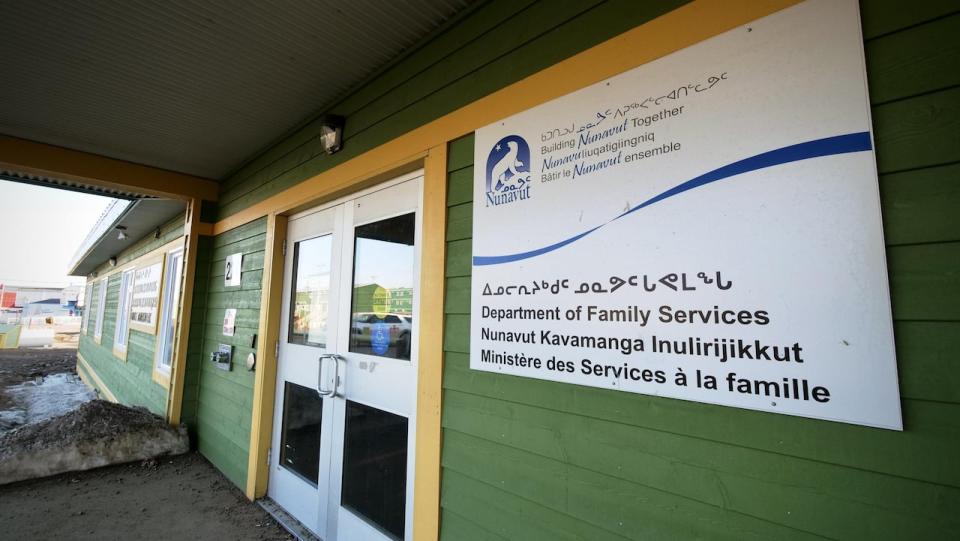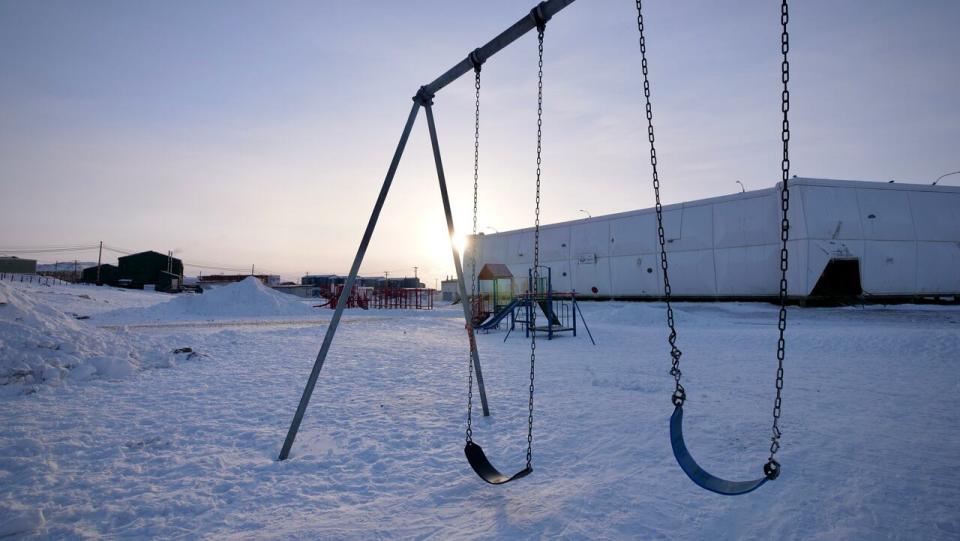Nunavut's child advocate still waiting for answers a year after children removed from unlicensed group homes

Nunavut's Representative for Children and Youth says she is still trying to find out what happened to several children who were removed from unlicensed group homes in Alberta last year.
Jane Bates says questions remain about where these children are, and whether Nunavut's child welfare system is able to provide adequate services.
In March 2023 reporting from Radio-Canada revealed that several children from Nunavut had been placed in three unlicensed group homes in Alberta last year.
In an interview with Radio-Canada, Bates said her office is currently looking into the fate of those children, with the goal of releasing a report soon.
The Department of Family Services confirmed that it had removed the children on March 31, 2023 from the Ever Bright Complex Needs Support Services in Airdrie, Alta. They were subsequently placed in another group home, Petmier Care, in Edmonton.
Bates also said two other children from Nunavut were already living at Petmier Care at the time.
A few weeks later, all of the children were sent back to Nunavut, Bates said.
"All of the children were then repatriated back to Nunavut, back to their various communities or parents. Some were repatriated back, I assume into group care or foster care homes back here in Nunavut," Bates said.
"And so really the question remains is what happened? Where are those children now?"

The Department of Family Services in Iqaluit. The department declined an interview from Radio-Canada. (Matisse Harvey/Radio-Canada)
Radio-Canada made several attempts to speak with the Department of Family Services, but they did not provide comment or grant an interview.
Interview requests sent to Petmier Care also went unanswered.
The Ever Bright care homes in Alberta didn't have the necessary permits required under the pan-Canadian protocol that governs inter-provincial placements. Nunavut also did not inform Alberta about the children until months after their arrival.
Bates fears the problems that led to the removal of children from the first group homes also occurred in the case of Petmier Care.
A 'traumatizing' experience
Being repeatedly displaced is "traumatizing" and "difficult" for these children, Bates said.
"We're talking about young people for who it's been determined that they require out-of-home care, for various reasons, and they're already having difficulties," Bates said.
"They're being separated from their family, from their community. They're being sent to another province, then they're being uprooted again, [and] moved very quickly from another placement to another and then another."
Bates' office still wants to know what changed for Nunavut's Department of Family Services to decide that it was better to repatriate children to Nunavut, even after recognizing that systemic deficiencies in the territory and the dire lack of services have a direct impact on children and families.
Iqaluit-Sinaa MLA Janet Pitsiulaaq Brewster, who repeatedly pressed Family Services Minister Margaret Nakashuk in the legislative assembly last week, said she wants to feel confident in the system.
"What I want is reassurance that all of those children are in fact safe and that they're in the care of either healthy families or in licensed facilities and licensed programs," Pitsiulaaq Brewster said.

The sun shines down on Nakasuk Elementary School in Iqaluit. Questions remain around what happened to children from the territory who were removed from group homes in Alberta last year. (Matisse Harvey/Radio-Canada)
History repeats itself
Late Friday, Radio-Canada obtained a copy of the internal investigation led by Ottawa-based firm Lamb & O'Brien into how the children were placed at the Ever Bright homes.
The 130-page report shows that certain gaps still exist, nearly a year after Radio-Canada's reporting exposing the placements was published.
A GN employee interviewed by Lamb & O'Brien said that children are still being placed outside the territory without the receiving province being notified in advance.
"The receiving jurisdiction again had no idea the children were there," the report said.
Bates' office is also preparing a report that looks at the placements of children who were sent to group care settings in Ontario.

